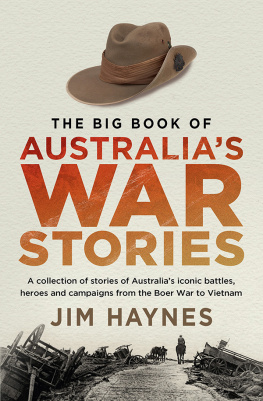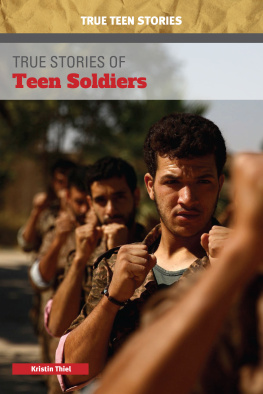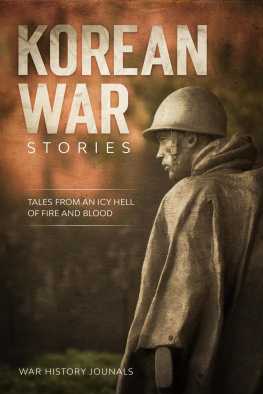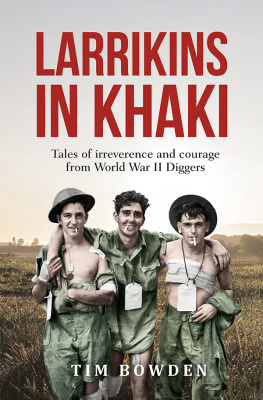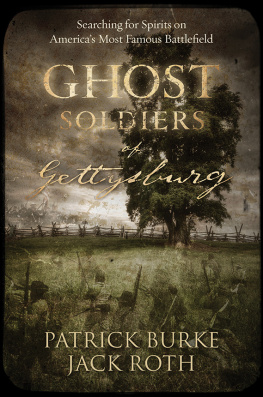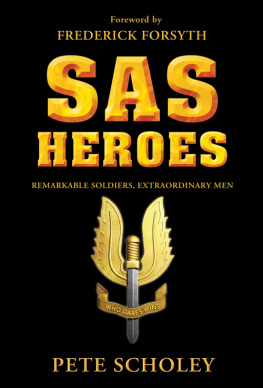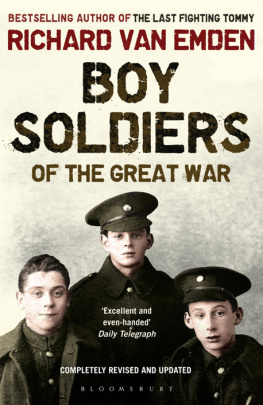
A collection of true stories from Aussie Soldiers

A collection of true stories from Aussie Soldiers

www.bigskypublishing.com.au
Edited by Denny Neave
Copyright Denny Neave 2012
First published 2012
Copyright remains the property of the authors and apart from any fair dealing for the purposes of private study, research, criticism or review, as permitted under the Copyright Act, no part may be reproduced by any process without written permission.
All inquiries should be made to the publishers.
Big Sky Publishing Pty Ltd
PO Box 303, Newport, NSW 2106, Australia
Phone: | 1300 364 611 |
Fax: | (61 2) 9918 2396 |
Email: | info@bigskypublishing.com.au |
Web: | www.bigskypublishing.com.au |
Cover design and typesetting: Think Productions
National Library of Australia Cataloguing-in-Publication entry (pbk)
Title: Soliders tales. 2 : a collection of true stories from Aussie soldiers / Denny Neave.
ISBN: 9781921941795 (pbk.)
Subjects: Australia. Army--Military life.
Australia. Army--History.
Soldiers--Australia--Anecdotes.
Other Authors/Contributors: Neave, Denny, 1970
Dewey Number: 355.0092294
National Library of Australia Cataloguing-in-Publication entry (ebook)
Title: Soliders tales. 2 : a collection of true stories from Aussie soldiers / Denny Neave.
ISBN: 9781921941856 (ebook)
Subjects: Australia. Army--Military life.
Australia. Army--History.
Soldiers--Australia--Anecdotes.
Other Authors/Contributors: Neave, Denny, 1970
Dewey Number: 355.0092294
Contents
Introduction
In 2008, after having completed research for my first book Aussie Soldier Up Close and Personal I decided that I had uncovered such a plethora of tales that had not seen the light of day, that I would stitch together a small book called Soldiers Tales. I sifted through the material and chose a selection of stories, quotes and anecdotes that encompass our short military history, choosing those that provide fascinating glimpses of our military service through the decades.
Several years on, and with more research under my belt, I felt the need to expand upon this first installment. Taking a slightly different tack by not wanting to put forward stories that were my choice alone, I sought the counsel of a number of my colleagues, who are more credentialed military historians than I, and asked for their Soldiers Tales of choice. This volume contains those tales. I have also included a few others that I found along the way.
Most of these stories and quotes are first hand. However, given the time that has elapsed and the passing of many of our veterans, I have also included some recollections from secondary sources. I regard these too as Soldiers Tales. Those telling them share the same passion for preserving our heritage as I do.
They grew up listening, with ears pricked, to stories told by fathers, mothers, uncles, grandfathers, etc., just as I did. And just because they have passed on a story that a relative told them does not diminish its place in the tapestry of our military history. My personal experience is that if I did not share the stories my father told me, they may never be told, and would therefore be lost for all time. If many other veterans are like my father, grandfather and great-grandfather, then they will tend to only share these stories sparingly, with trepidation and only with trusted loved ones. To lose these stories would be tragic.
I have also taken the liberty of casting the net a little wider, and have included a few morsels from allies who now call Australia home.
Most of these stories appear in print for the first time here; others have been previously published and are worthy of telling again. In the interests of authenticity, I have not changed the voices of those telling the stories, so there is an eclectic mix of language from eras past and present.
I hope you enjoy reading these stories as much as I have enjoyed finding them.

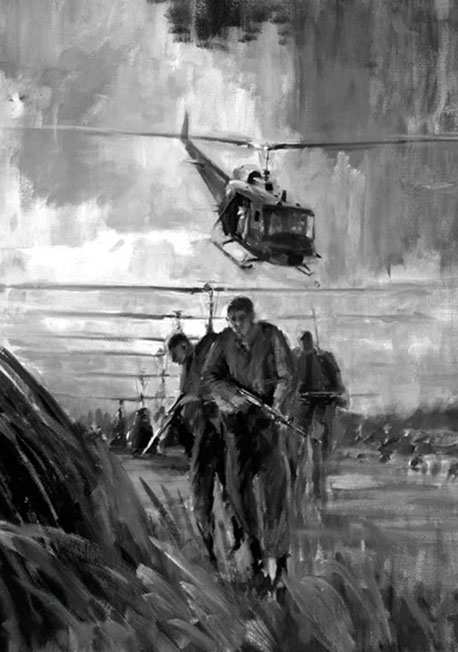
A Tearful Thank You
On one of our early Platoon patrols in South Vietnam [SVN] we were moving through light bush about a click inside the free-fire zone. Any locals found there were to be treated as Viet Cong [the enemy]. We apprehended a person who turned out to be an elderly woman. She was dressed in rags and her only possession seemed to be a small hessian bag with a few pieces of fruit in it. The Diggers formed a perimeter and passed her into Platoon HQ. Through our SVN interpreter we found that her identification was in order and she had a letter explaining that she was simple mentally incompetent and homeless. The Diggers were watching the whole interview process, fascinated by their first view of the enemy. Finally, we pointed her towards the nearest village and she started to shuffle off. However, as she passed the machine gunner, he rose and stopped her. I might add that at this point none of the Diggers knew of her simple or homeless status. He handed her something. Another Digger stood and handed her something else. Then another. Soon she had a line of Diggers who, one at a time, rose, approached and handed her something. It wasnt long before she had more things than would fit in the bag. A Digger then emptied a Claymore mine out of its carry bag and gave her the bag. I could see, as she put the rest of her goodies into the cloth bag that the Diggers had given her whatever food they could spare plus cigarettes and chocolates anything except cans, which she couldnt have opened. It was entirely spontaneous and I was angry at myself that I hadnt started the gift-giving. By the time she left, I reckon everyone in the Platoon had contributed something, and yet not a word had been spoken, except by her in her tearful Vietnamese thank yous.
Lieutenant Dave Sabben, MG,
6th Battalion the Rayal Australian Regiment, Vietnam
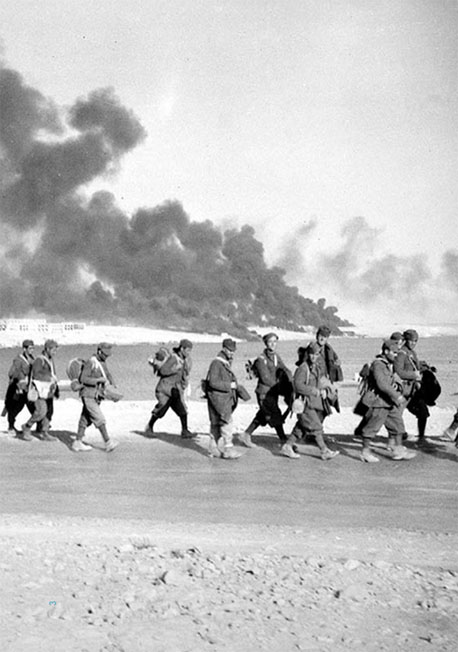
A Humble Lieutenant Captures a Commanding General in the Battle of Tobruk
Charles Granquist, 2/4th Battalion, Tobruk
On 7 January 1941, the 2/4th Battalion moved from Bardia and closed up the eastern defences of the fortress of Tobruk, taking up position in a series of wadis (gullies) which ran down to the sea. Here we were subject to constant shelling. A number of patrols were sent out to gather information on the enemy. Any movement in the open produced a torrent of fire. From the information obtained by these patrols, it was decided a more suitable position was required for an attack on the fortress. After ten long days we were relieved by the 2/5th Battalion. After a well-earned rest for the day, we were issued with new clothing and were once again on the move. We marched through the night to the southern side of Tobruk; the new location from where the attack would be made.
Next page

